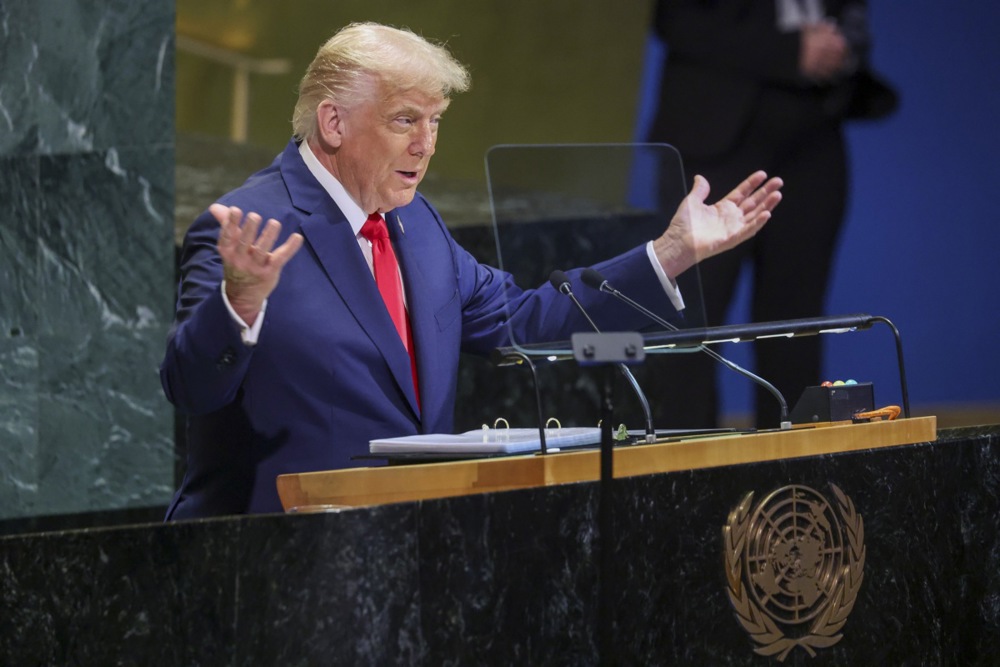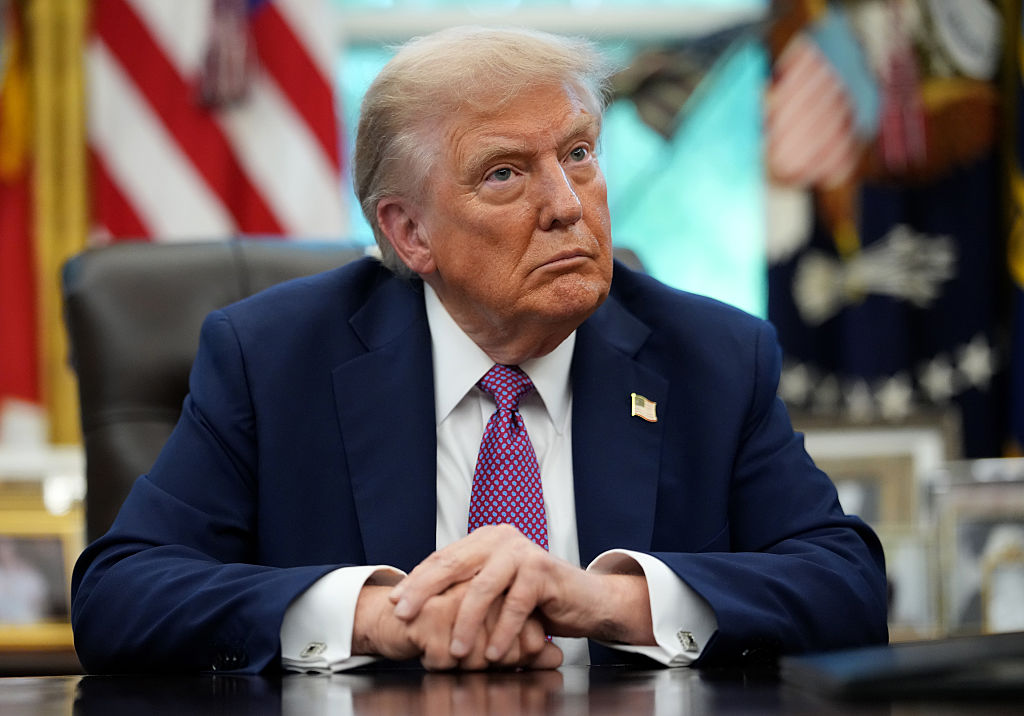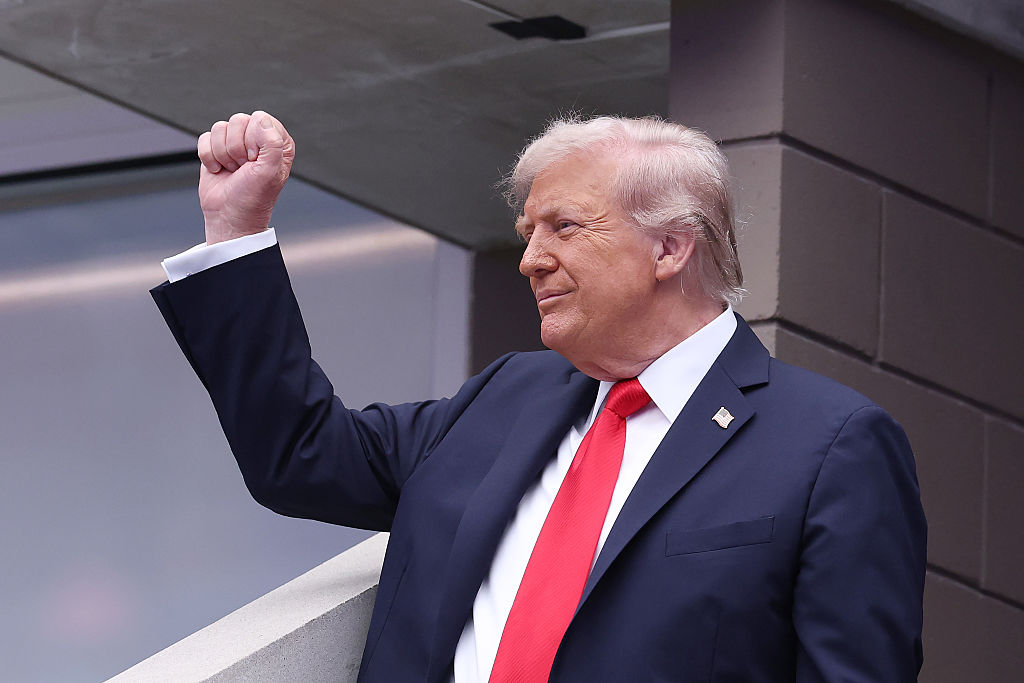The collapse of the Lecornu government in the French National Assembly, the fourth government to fail in the last year, raises disturbing resonances of the parliamentary chaos of the previous four French republics. It also illustrates the mistakes of the parliamentary tinkerers who gradually diluted the strength of the presidential executive established by General de Gaulle in 1958. It appeared then that Charles de Gaulle, who had retired as head of the interim French government in 1946 in protest against the impending promulgation of the Fourth Republic, which he correctly predicted would replicate the chronic instability of the Third Republic, and awaited, with varying degrees of impatience for twelve years for the Fourth Republic to flounder to an end and for the overmatched political establishment of France to invite him to return to office more or less on his own terms.
De Gaulle was recalled with civil war threatening in 1958 because of the objections of the French army to the predilection of the national leadership to allow France to be evicted from one unit of its empire after another: Indochina, Morocco, Tunisia, and possibly Algeria. The coastal provinces of Algeria were part of Metropolitan France and more than a million Europeans resided in them. De Gaulle played his hand with great virtuosity, inciting the legislators to believe that he would avoid civil war and assert himself over the almost rebellious army, while implying that he would resolve the Algerian crisis without a hint of how he proposed to do that. Once invested with executive powers, and pending the preparation of a new constitution, he went to Algiers and addressing a crowd of more than 300,000 people in the forum of that city, approximately half of them French Algerians demanding continuation within France, and half Algerian Muslims demanding independence, he famously proclaimed: “I have understood you!” Deafening applause came from all sides.
The constitution that he produced, it has seen until very recently, resolved the 180-year dispute between the monarchists and the republicans by creating a monarchy and calling it a republic. The presidency of France, which had previously been a ceremonious office like the modern presidencies of Italy and Germany, substitutes for deposed royal dynasties, became a renewable seven-year elected term invested with the supreme authority of the State, including, in declared times of emergency, to rule by decree. Gradually, inexorably, the generally repressed and almost always ultimately unsuccessful forces French parliamentarianism nibbled away like termites at the foundations of de Gaulle’s stable national authority. The seven-year term was reduced to five years. The right to rule by decree was effectively abolished. There remains no way to force the president out of office in midterm other than his conviction of horrendous abuses of office, but when no one can command a majority in the National Assembly, as now appears to be the case, it may become necessary to call legislative elections fairly frequently. If the presidency and the legislative majority are in radically different hands, even the elemental processes of government, and particularly taxation and spending, will become terribly difficult.
The past does not provide an easy guide how best to remedy this problem, other than hoping for a competent leader who can rally a reasonable and sensible public policy majority. Because French political parties, apart from the Socialists, change their names every few years and the French public is normally approximately 40 per cent to the Left of centre and 40 per cent to the Right and 20 per cent more or less in the centre, there are no party loyalties to rely on and very few personalities who consistently pull widespread national support for prolonged periods. Indeed, General de Gaulle was practically the only person who has done so since before the Second World War and his career was so spectacular and his personality and acuity so formidable, that there is no one remotely of his political stature on the horizon.
The current president, Emmanuel Macron, is clearly a very capable man but he reached for everything at once, including euro-integration and a radical green agenda, and while he did make a few inroads on France’s unsustainably expensive social safety net, he ran out of steam early in his second term and has no political capital left for his last two years in office. The French Left under Jean-Luc Mélenchon has wandered almost off the charts to the Left and could not possibly be entrusted with any serious influence on the government of France. This leaves Macron with the challenge, given his deteriorated moral authority, of calling an election that produces a workable caretaker regime of reasonably sensible people to see the country through to the next presidential election.
In 2027, it seems likely that the National Rally, formerly the National Front, of the Le Pen family, now thoroughly house-trained, will prevail, and as dubious partisan lawfare has been employed to try to sandbag Marine Le Pen from winning the presidency on her fourth attempt at it, the future of France may well pass into the hands of her two youthful lieutenants, the 30-year-old Jordan Bardella, and the 35-year-old Marion Marechal Le Pen. There is plenty of room for hope, but the systematic deterioration of the quality of French leadership from de Gaulle, a statesman of approximately equivalent stature to Franklin D. Roosevelt and Winston Churchill, to the very able but not especially charismatic Georges Pompidou, to the undoubtedly capable but rather technocratic Valérie Giscard d’Estaing, to the magnificent and cultured scoundrel and vintage French cynic François Mitterrand, to the self-styled “Bulldozer” Jacques Chirac, to the hyperactive and rather ineffective Nicolas Sarkozy, to the utterly ineffectual and slightly ludicrous far Left socialist François Holland, to Macron who promised more than he has delivered, has opened up questions about the durability of the Fifth Republic.
With that said, at the next presidential election in two years it will pass the Third Republic (1871-1940) as the most durable French regime since the fall of the Bastille in 1789. All political systems have their ups and downs and what is happening in France is not remotely as depressing as the succession of seven consecutive failed prime ministers in the United Kingdom, six in ten years. But de Gaulle’s great achievement, apart from maintaining the honour and soul of France as one of the world’s great nations in the darkest hour of its history since the fall of the Western Roman Empire, the establishment of political institutions as reliable as those of the United Kingdom and the United States, looks slightly precarious for the first time since the generals’ revolt of 1962 and the general strike of 1968, both of which de Gaulle put down with unsurpassable dispatch and efficiency.





Snobbish British historian can never get over fatuous vitriol towards Trump